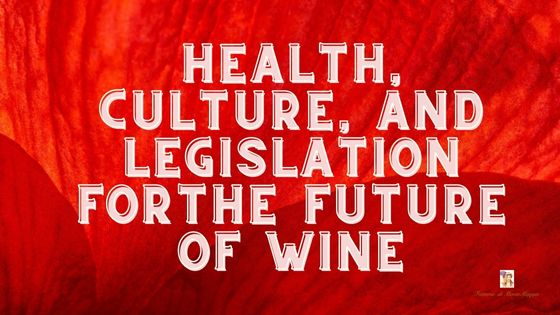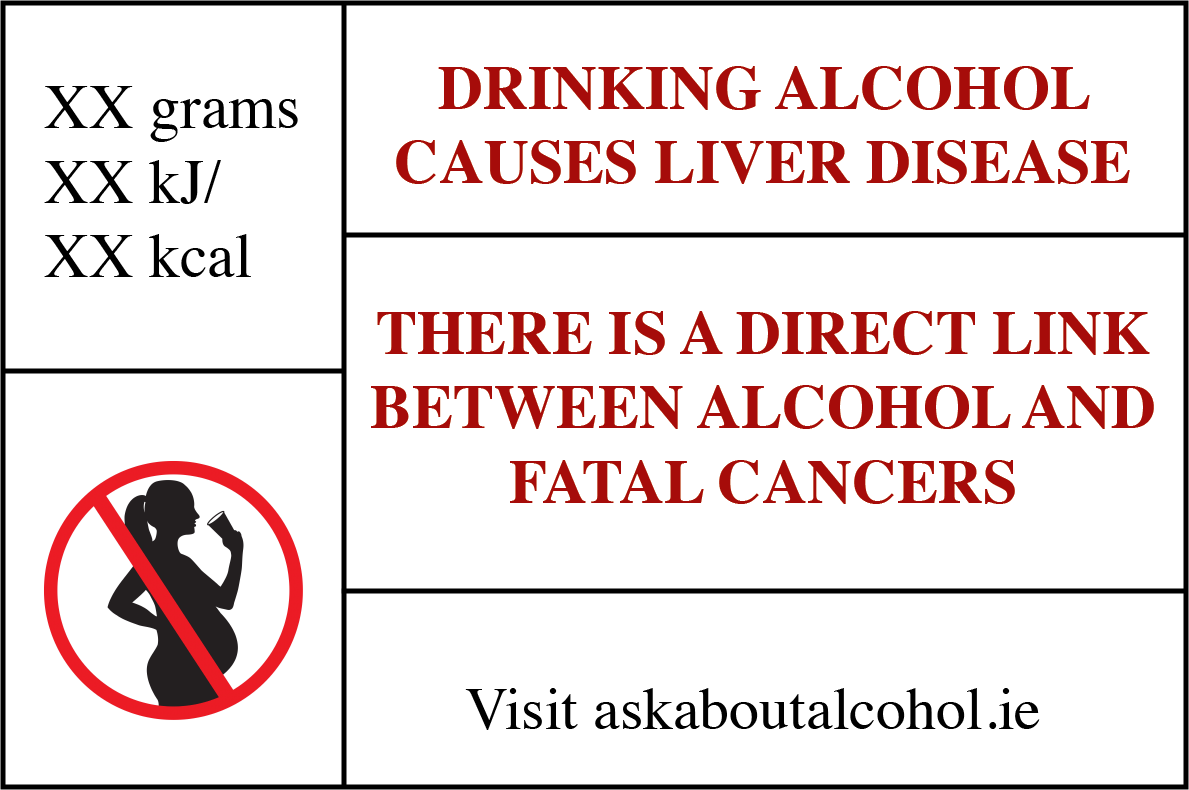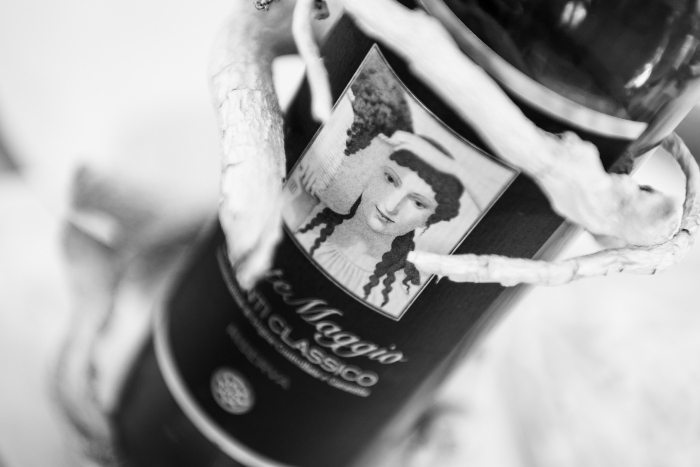
Should wine be gathered in the same category as tobacco? Well, that is the main point on the agenda lately after Ireland’s plan to put serious health warnings on bottles of spirits, beer, as well as wine. This has been met with anger and rage from the three main countries in the EU producing wine followed by several other supporting member states. These member states, especially Italy, France, and Spain, are arguing that wine is not only a consumer product but part of their Mediterranean history and culture. However, the EU commission did not object to Ireland’s proposal last year to implement this new regulation which means that they will move forward on this.
Let us look closer at what is at stake…
The Irish Proposal in Favour of Health Warnings on Labels
Last year in June, Ireland informed the European Commission about its intention to introduce a law of placing health warnings on alcohol, including wine bottles, to show a clear link between alcohol and serious diseases. Ireland did not receive any objections from the Commission during the obligatory six-month moratorium and is, therefore, free to go ahead with their plans. This is even though the European Parliament as well as Italy, Spain, and six other member countries clearly protested against this action from Ireland. They do not see wine on the same level as spirits, in general, and claim that it does not have the same effects as the consumption of strong alcoholic beverages so common in Nordic countries.
The Irish government considers it very important to be able to make citizens aware of the risks for liver disease, cancer, and for pregnant women’s fetus development that comes with the use of alcohol. The implementation of health warnings and related information on the product labels will, in their opinion, make it possible for citizens to make informed choices as regards alcohol consumption.
When, and if, the regulation enters into force, the alcohol producers will have a transitional period of three years to change the labeling. On 6 February 2023, Ireland also notified WTO about their draft regulation, according to its Public Health (Alcohol) Act 2018, to place health warning labels on spirits, beer, and wine. After this, there is a 90-day period for comments at the WTO. This would be the last step in implementing the regulation in question.

Source: Meininger International
Objections to Health Warnings on Wine Labels
Mainly Italy, France, and Spain have put up strong opposition to Ireland’s plan to label alcoholic beverages with health warnings. They are not sure that such a move from Ireland is in line with the internal market rules. Furthermore, Italy has expressed the loudest protests claiming it to be an “attack” on the Italian identity and culture where wine plays a central role. In fact, wine has historically been seen, and still is, as an aliment in Italy and in the Mediterranean countries rather than a beverage. Wine is a crucial part of the Mediterranean diet that goes back to civilizations and their eating habits thousands of years ago. Apart from that, wine is today a key product in the economy of Italy, France, and Spain, among other EU countries.
The Secretary General of CEEV (Comité Européen des Entreprises Vins), Ignacio Sánchez Recarte, commented that the Irish draft regulation is in contrast with EU law and the rules of the EU single market and that even Ireland itself is aware of that. The only part in the equation that has not recognized this seems to be the EU Commission. Sánchez Recarte continues to say that they are hoping for a more in-depth discussion on the topic to maintain the harmonization of EU legislation and a unified single market to avoid trade restrictions and problems. Still, CEEV thinks that very little can be done at this point.
Another argument that the opposing member states are putting forth is that wine is consumed moderately in Mediterranean countries compared to in Nordic countries. They mean that moderate consumption of wine does not have the same health impact as overindulgence in spirits in more Nordic countries. This is not to say that wine is healthy, it is after all an alcoholic beverage, but there is a difference been moderate consumption of wine and beer and large consumption of spirits. Like…one glass of wine a day keeps the doctor away.

More About the Health Perspective
If we look a bit closer at wine in relation to public health, it has often been argued that the “antioxidants in red wine called polyphenols may help protect the lining of blood vessels in the heart“, especially the polyphenol that is called resveratrol. Thus, wine might be able to help lower the risk of heart disease but the opinions on this are very mixed. Research, in general, sees drinking patterns and the combination with food as the major factors for wine to have any kind of “cardioprotective effect.” Wine is still an alcoholic beverage and polyphenols are furthermore found in larger quantities in plant-based food such as “blueberries, strawberries, apples, onions, dark chocolate, and tea” making it healthier. Wine has a convivial effect though, building human connections and engagement, building community. The social aspect is indeed an important factor for people to feel good.

What Will Happen Next…
Well, there is a high probability that the Irish regulation will enter into effect. More and more EU member states are opposing the Irish draft regulation about placing health warnings on wine bottle labels, but at this stage, it might not change much. However, it is a regulation that will enter into force in Ireland and it is still dubious if they can force other EU countries to label the bottles with health warnings before entering Ireland. It is still to see if it is an initiative that will be implemented by many other countries because wine is still a premium product that is a part of the daily culture in many member states. This does not mean that harmonized legislation and processes about better health measures and information as regards wine and other alcoholic beverages should not be improved. Public health is important to all of us. However, wine is also part of the general culture.
We hope for the best solution for a better and healthier world but also for the ideal development of the wine sector..
Written by Katarina Andersson.






Leave a Reply